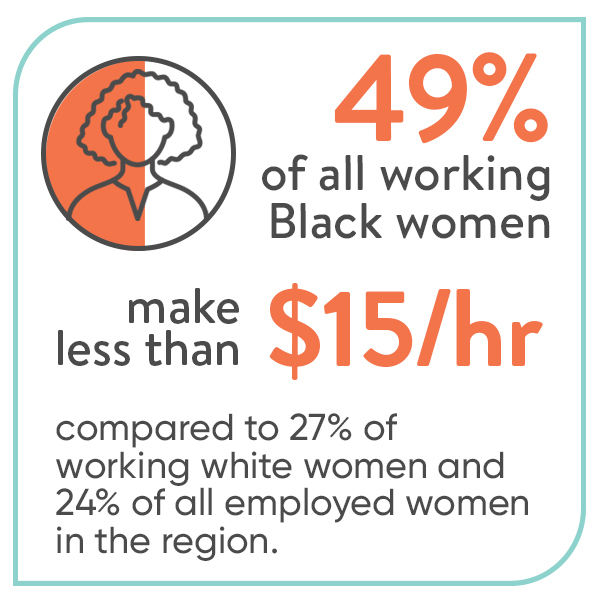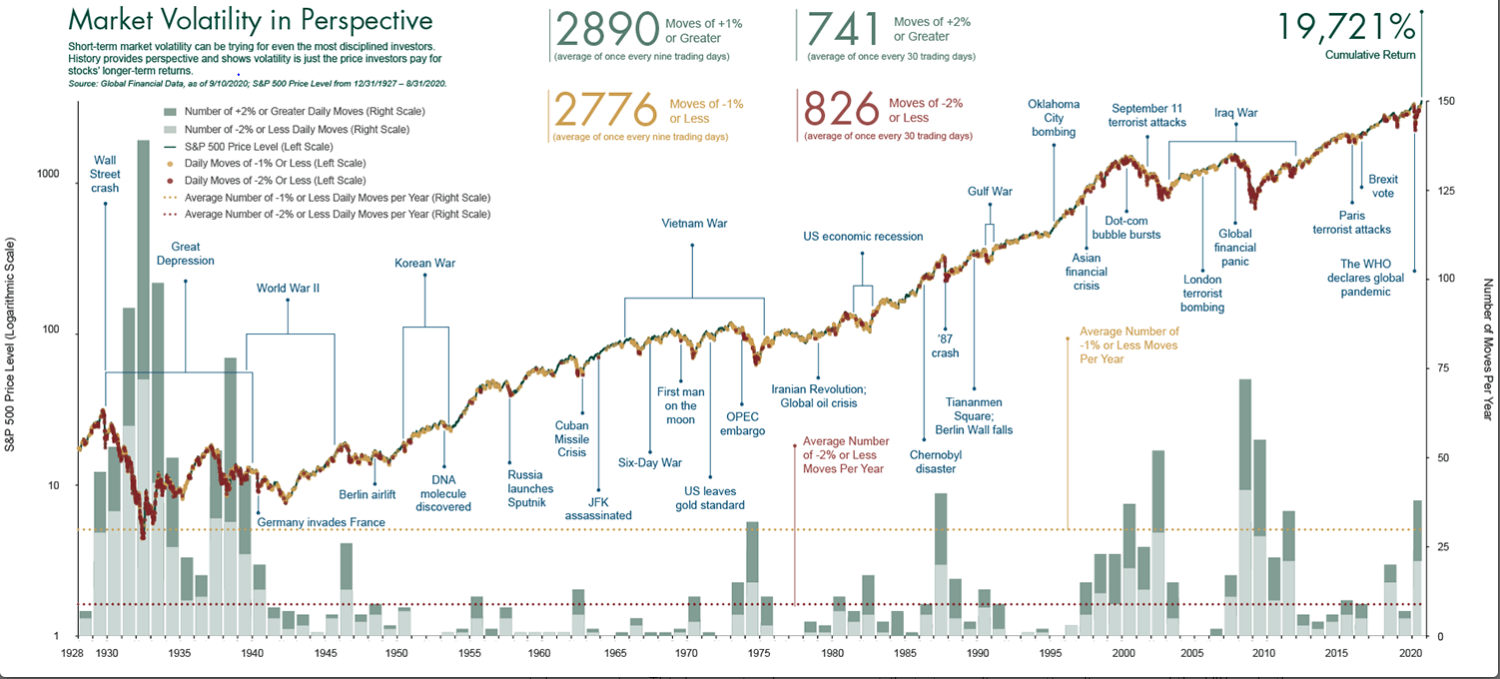Can Trump fire Fed chairman Jerome Powell? This question has sparked considerable debate, particularly considering the intricate relationship between the executive branch and the Federal Reserve. President Trump has openly criticized Powell for not taking more aggressive actions on interest rates, which has raised concerns about the preservation of Federal Reserve independence. As Trump’s term progressed, it became evident that his administration’s policies clashed with Powell’s cautious approach to monetary policy. Analysts warn that a potential dismissal could disrupt financial markets and undermine the Fed’s credibility, making it a critical issue for the economy.
The dialogue surrounding the ability of a president to dismiss the Federal Reserve chair, often viewed through the lens of executive authority, engages multiple layers of legality and economic implications. The dynamics of the Trump and Powell relationship reflect broader anxieties about the delicate balance of power between federal agencies and the executive branch. Many policymakers and economists assert that changes to the chair’s position can significantly impact interest rates and, consequently, the wider economic landscape. As the Federal Reserve navigates its role in monetary regulation, the potential for political interference raises questions about the institution’s operational autonomy. The ongoing discussion emphasizes the importance of ensuring the Fed’s independence to maintain stability in the financial system.
Understanding the Relationship Between Trump and Jerome Powell
The relationship between President Donald Trump and Federal Reserve Chairman Jerome Powell has been tumultuous, characterized by public disagreements over monetary policy and interest rates. Trump initially appointed Powell in 2017, expecting that he would take more aggressive actions to support economic growth by lowering interest rates. However, as Powell began to prioritize stability and inflation control, tensions escalated. Trump’s criticism of Powell intensified, suggesting that the Fed was not doing enough to boost the economy, especially in light of the global tariff pressures that threatened market stability.
This complicated dynamic raises essential questions about the independence of the Federal Reserve and the implications of presidential influence on its policies. Trump’s public musings about potentially firing Powell highlighted concerns over the political motivations behind central bank decisions. Such thoughts contributed to market volatility, reflecting a deep-seated fear that undermining the Fed’s independence could lead to inflationary pressures and long-term economic instability.
Can Trump Fire Fed Chairman? Legal Perspectives
The question of whether President Trump can fire Jerome Powell is caught in a web of legal interpretations surrounding the Federal Reserve Act. While the Act permits the removal of governors for cause, the implications for the Chair—the person responsible for steering the Federal Open Market Committee—are less clear. The addition of Senate confirmation for the Chair’s four-year term complicates the statutory interpretation, raising the issue of whether Powell is entitled to the ‘for cause’ protection traditionally afforded to governors. Many legal experts, including those familiar with constitutional law, debate whether such removal can withstand judicial scrutiny, especially given the recent Supreme Court decisions that have reshaped expectations around executive power.
Given that the Supreme Court has indicated a potential reevaluation of the ‘for cause’ doctrine, any attempt by Trump to remove Powell could lead to a significant legal battle. Analysts argue that even if such action were legally permissible, the potential fallout—including market reactions—could deter the administration from pursuing this path. In essence, while the law may grant the President some level of authority, the ramifications of exercising that power need careful consideration.
Market Reactions to Potential Fed Chair Removal
The mere speculation of firing Jerome Powell has already sent waves through financial markets, underscoring the sentiment of risk and uncertainty among investors. Market analysts predict that removing the Fed Chair would suggest a shift towards a more lenient monetary policy, igniting fears that inflation could spiral out of control. Investors typically associate a stable and independent Fed with lower risk in long-term interest rates, and any upheaval is likely to result in immediate distrust of the central bank’s future actions. Wall Street’s sensitivity to the Fed’s credibility is heightened due to the essential role it plays in regulating the economy, and a perceived political interference would undermine that trust.
The implications of Powell’s potential ousting extend beyond immediate market reactions; they could reshape perceptions about the long-term commitment of the Fed to combat inflation. Should the chair be replaced, the market may see a shift in policy direction that prioritizes short-term economic gains over long-term stability. This may lead to a significantly higher premium on long-term bonds as investors demand compensation for the perceived inflation risk brought by a less independent Fed. Therefore, while discussions about Trump’s removal of Powell create potential tension in the market, they also evoke critical dialogues on the fundamental nature of the Federal Reserve’s autonomy.
The Importance of Federal Reserve Independence
The Federal Reserve’s independence from political pressures is a cornerstone of its ability to craft monetary policy effectively. This independence allows the Fed to make decisions based on economic indicators and long-term objectives rather than short-term political gains. In this context, histories of central bank independence show a clear connection between autonomy and economic stability; countries that empower their central banks tend to exhibit lower inflation rates and higher economic growth potential. By acting as a check on executive influence, this independence fosters confidence among markets that the Fed will prioritize its mandate over political expediency.
Concerns about potential pressures on Powell from the administration illustrate why many economists advocate for safeguarding Federal Reserve independence. In recent years, debates have emerged around the necessity of this autonomy, particularly within contexts marked by partisan politics. The fear is that if central banks become susceptible to political whims, they may engage in monetary policies that prioritize election cycles over sustainable economic health. Such scenarios could lead to erratic interest rate changes, undermining the credibility of the Fed and triggering severe market disruptions.
Implications of Interest Rate Changes on the Economy
Interest rates play a critical role in economic health, influencing everything from consumer borrowing to business investments. A key responsibility of the Federal Reserve is to adjust interest rates to maintain economic equilibrium. Jerome Powell has often found himself at the epicenter of this balancing act, providing guidance on when to loosen or tighten monetary policy. Any hints of instability in his position can significantly tilt market expectations regarding future interest rate strategies. Changes in interest rates impact various economic sectors differently, and uncertainty surrounding Powell’s tenure can complicate planning for both businesses and consumers.
Market participants closely monitor Fed communications to gauge potential interest rate changes. With tensions between Trump and Powell accentuating concerns over the Fed’s commitment to interest rate policies, a shift toward a more politically influenced decision-making process could lead to erratic economic consequences. Businesses may pause investments due to a lack of clarity, while consumers could be cautious in their spending, both of which could stifle economic growth. Thus, safeguarding Fed independence is not merely a legal necessity but an economic imperative that relies on stable interest rate policy.
Long-term Consequences of Fed Chair Removal
Removing a Fed chair can have long-lasting implications for the trajectory of U.S. economic policy and institutional credibility. If Trump proceeds with such a move, the immediate aftermath could shock financial markets, leading to heightened volatility and skepticism about future monetary policies. For years, experts have argued that a credible central bank helps anchor inflation expectations, thereby maintaining more stable economic growth. Disruptions caused by politicizing the leadership of the Fed could fracture this foundation, leading to a more tumultuous economic environment.
Furthermore, the legacy of a politically influenced Fed could deter future appointments by suggesting to potential candidates that independence is not guaranteed. If the credibility of the Fed erodes, the implications extend beyond short-term interest rates; they could alter market dynamics for years. An unstable central bank undermines trust, resulting in increased risk premiums and less favorable economic conditions. Therefore, maintaining the integrity of the Fed’s leadership and decision-making processes is paramount to safeguarding both current and future economic health.
Jerome Powell’s Role in Monetary Policy
As the Chairman of the Federal Reserve, Jerome Powell plays an influential role in shaping monetary policy, which is fundamental to the U.S. economy. Despite common perceptions that a chair can dictate policy, the reality reflects a more collaborative process with the Federal Open Market Committee (FOMC). Powell is responsible for facilitating discussions and forging consensus among diverse opinions within the board, a task that requires significant negotiation and communication skills. His ability to navigate these dynamics strongly influences how effectively the Fed can respond to economic challenges.
Moreover, Powell’s leadership style reflects a commitment to transparency and communication, which is essential for maintaining credibility with financial markets. By articulating the rationale behind monetary decisions, he helps demystify central banking for the public and investors alike. As tensions with political leaders, such as Trump, escalate, his ability to maintain a clear policy direction while managing external pressures becomes increasingly vital to the Fed’s mission. This dynamic highlights the importance of Powell’s role not only in monetary policy formulation but also in sustaining the trust in the Federal Reserve.
Impact of Trump’s Policies on Federal Reserve Operations
President Trump’s economic policies, particularly regarding trade and fiscal measures, have significant implications for Federal Reserve operations. His administration’s approach has often emphasized short-term growth objectives, exerting pressure on the Fed to align its monetary policy with the goals of boosting immediate economic performance. However, this pressure conflicts with the Fed’s mandate to prioritize long-term economic stability and inflation control. The resulting tension has sparked debates about the appropriateness of monetary policy in responding to political directives.
Moreover, Trump’s proclamations regarding interest rates and monetary policy have posed challenges to Powell’s ability to exercise independent judgment. If the Fed were to be perceived as capitulating to political pressures, it could jeopardize its effectiveness in managing inflation, as the markets would begin to question the Fed’s commitment to its dual mandate. In this light, maintaining a distance between presidential ambitions and the day-to-day functions of the Federal Reserve is crucial to ensuring economic resilience and trustworthiness.
Looking Ahead: Future of the Federal Reserve Leadership
As the dynamics between President Trump and Jerome Powell unfold, questions arise regarding the future leadership of the Federal Reserve. With Powell’s term nearing its end, potential successors will be scrutinized for their alignment with the administration’s objectives. Certain candidates might be more favorable to a more accommodative monetary policy; however, if the President opts for an individual with a background emphasizing independence, it may bolster the credibility of the Fed in the eyes of investors and the public.
The upcoming appointment will undoubtedly be a focal point for both political and economic entities. The choices made now can have far-reaching consequences for how the Fed navigates future economic challenges. Investors and analysts alike will be watching closely for signs of who President Trump chooses to nominate, as the implications of such an appointment will echo through monetary policy and financial markets for years to come.
Frequently Asked Questions
Can Trump fire Fed chairman Jerome Powell?
Yes, President Trump has the authority to fire the Fed chairman, Jerome Powell, but doing so could undermine the Federal Reserve’s independence. While the Federal Reserve Act allows for the removal of governors for cause, the legal interpretation of this provision regarding the chair’s position is ambiguous. Analysts suggest that such a move could destabilize financial markets.
What is the relationship between Trump and Jerome Powell regarding interest rates?
President Trump has publicly criticized Jerome Powell for not cutting interest rates aggressively, believing that lower rates would stimulate economic growth. Their contentious relationship has raised concerns about the Federal Reserve’s independence and the potential influence of political pressure on monetary policy.
How might firing the Fed chairman affect Federal Reserve independence?
Removing the Fed chairman could significantly erode the Federal Reserve’s independence, setting a precedent that the central bank can be influenced or controlled by political leaders. This could undermine the Fed’s ability to set monetary policy based on economic conditions rather than political considerations.
Can Trump remove Powell before his term ends?
Legally, Trump could attempt to remove Powell, but the process would likely face significant legal challenges. The courts may need to interpret whether the chair is protected under the ‘for cause’ removal provisions in the Federal Reserve Act. Such an action could also lead to significant market reactions.
What are the potential market effects of Trump firing the Fed chairman?
Market reactions to Trump’s potential removal of Jerome Powell could be severe, reflecting fears of a politically influenced monetary policy. An anticipated shift towards a looser monetary policy could lead to increased inflation expectations and higher long-term interest rates, creating instability in financial markets.
What recent Supreme Court rulings impact Trump’s ability to fire the Fed chairman?
Recent Supreme Court decisions, particularly regarding ‘for cause’ removal protections, have cast doubt on the long-standing understanding of executive authority over independent agencies. This legal ambiguity could affect the outcome if Trump attempted to remove the Fed chairman, with potential ramifications for the Fed’s operational independence.
Why is Wall Street concerned about Trump’s relationship with Fed chair Jerome Powell?
Wall Street fears that Trump’s attempts to influence or remove Powell could signal a shift towards a more accommodative monetary policy. This uncertainty affects investor confidence in the Fed’s credibility, especially regarding its commitment to controlling inflation.
What is the significance of Federal Reserve independence?
Federal Reserve independence is critical for effective monetary policy, enabling the Fed to make decisions based on economic indicators rather than political pressures. This autonomy helps maintain investor confidence and supports the Fed’s role in controlling inflation and promoting economic stability.
| Key Point | Detail |
|---|---|
| Trump’s Relationship with Powell | Trump has had a tumultuous relationship with Powell, often criticizing him for not being aggressive enough with interest rates to boost the economy. |
| Possibility of Removal | Though Trump hinted at ousting Powell, analysts believe this could undermine the Fed’s independence and is legally questionable. |
| Legal Interpretations | The Federal Reserve Act includes provisions for ‘for cause’ removal but interpretations vary on the chair’s security under this rule. |
| Supreme Court’s Stance | Recent decisions may indicate that the court could view the Federal Reserve differently from other agencies regarding presidential removal authority. |
| Market Reaction | The markets fear that removing Powell would suggest a shift towards looser monetary policies, thus affecting long-term interest rates. |
| Internal Policy Dynamics | While the Chair holds significant influence, policy decisions are made through consensus within the board. |
Summary
Can Trump fire Fed chairman? While the possibility exists for President Trump to fire Federal Reserve Chairman Jerome Powell, the legal and market implications are complex and fraught with risk. Though Trump has indicated discontent with Powell’s management of interest rates, legal interpretations of the Federal Reserve Act and potential Supreme Court opinions cast uncertainty on the president’s authority to remove a sitting chair. Moreover, the markets exhibited significant concern over such a possibility, fearing a detrimental shift in monetary policy that could undermine the Fed’s independence and credibility. Therefore, the prevailing sentiment suggests that rather than pursuing a controversial ousting, it may be more prudent for Trump to allow Powell to complete his term.


